Developing a robust root system is one of the key indicators of healthy vegetable growth. Whether it's fruit vegetables or leafy vegetables, the more developed the root system, the more nutrients and water it can absorb, resulting in better growth. Fruit vegetables will yield more and larger fruits in the later stages, and healthy roots can enhance the plant's resistance to diseases and pests. The roots secrete defensive compounds and interact with soil microorganisms to form an ecological barrier that reduces the occurrence of diseases and pests and enhances the plant's immunity. Recently, a fanmimi blog reader asked: What should be done with the vegetable roots after harvesting a season of vegetables? Can the vegetable roots left in the soil serve as fertilizer?
How to deal with vegetable roots after harvesting
1. Leave in the soil
We can choose to leave the vegetable roots in the soil. The advantage of this is that the roots will gradually decompose and transform into organic matter, providing nutrients for the next season's crops and improving soil structure. At the same time, by retaining the roots, it can also reduce soil erosion and increase the soil's water retention and aeration.
2. Composting
Composting is another common way to deal with vegetable roots. Place the vegetable roots with other organic waste into a compost bin or compost pile for composting. During the composting process, the roots decompose into organic matter, producing high-quality compost fertilizer. This compost can be reused for fertilizing the vegetable garden or flower beds, achieving resource recycling.
The above is introduced under the condition that the healthy vegetable roots are free from diseases and pests. If the roots are severely contaminated or affected by diseases and pests, it is necessary to avoid using roots with high levels of harmful substances and chemical pesticide residues directly for composting or animal feed to avoid problems such as producing odors and breeding pests.
Using vegetable roots as fertilizer in the soil
Vegetable roots can be returned to the vegetable garden as fertilizer. The roots are rich in nutrients needed by plants, such as nitrogen, phosphorus, potassium, etc., which can provide nutrients needed for the growth of other vegetable plants. Compared with chemical fertilizers, vegetable roots as natural organic fertilizers are more easily absorbed and utilized by plants, and will not cause pollution to the soil and the environment.
During the decomposition process, vegetable roots can also improve soil structure, increase the content of organic matter, and promote soil microbial activity, which is beneficial to the health and fertility of the soil. By recycling discarded vegetable roots, the production and disposal costs of organic waste can be reduced. Therefore, leaving vegetable roots in the vegetable garden as fertilizer is a resource-saving and environmentally sustainable practice.
It is the practice that every vegetable garden enthusiast should actively advocate and adopt to make reasonable use of vegetable roots in the vegetable garden and achieve recycling. Let's take action together to contribute to the green development of the vegetable garden!
Regarding how to deal with vegetable roots after harvesting and whether vegetable roots can be left in the soil as fertilizer, the fanmimi blog has shared this much. If you have any questions, please leave a message or join the fanmimi vegetable planting group.
欢迎关注微信公众号:泛米米
12本阳台种菜电子书限时免费送
关注【泛米米】,发送“电子书”免费获取
随时随地在手机上学习交流阳台种菜
这篇文章出自 泛米米博客 如需转载请注明出处;
这篇文章的地址:https://fanmimiquan.cn/2024/568.html
本站部分资源收集于网络,纯个人收藏,无商业用途,如有侵权请及时告知!
 【新手种菜】阳台种菜专业词语大科普
【新手种菜】阳台种菜专业词语大科普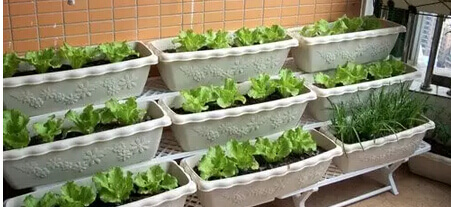 【阳台种菜】叶子发黄的9个原因
【阳台种菜】叶子发黄的9个原因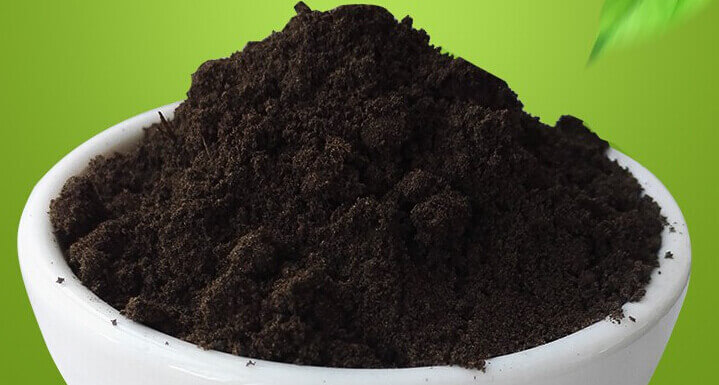 阳台种菜用什么肥料比较好?阳台种菜一般都有哪些肥料
阳台种菜用什么肥料比较好?阳台种菜一般都有哪些肥料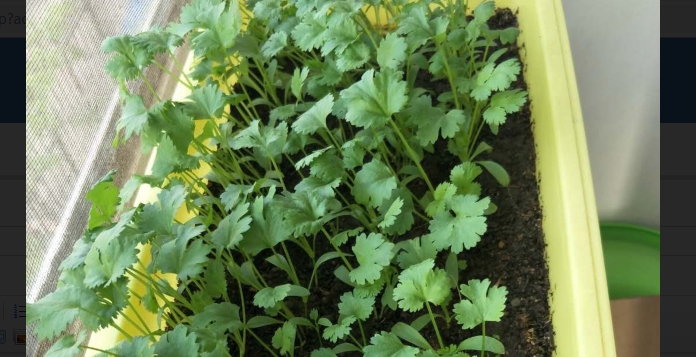 阳台种菜长得弯的,不直是怎么回事
阳台种菜长得弯的,不直是怎么回事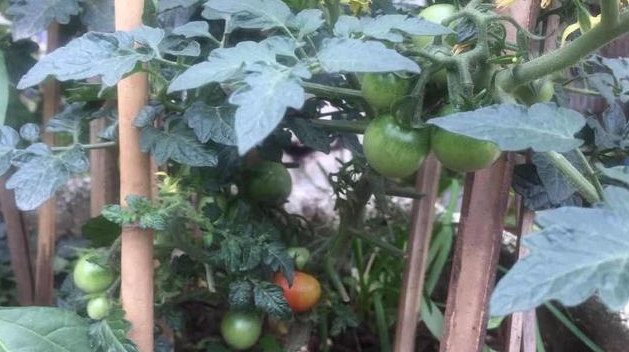 阳台盆栽西红柿(番茄)需要进行人工授粉吗?盆栽蔬菜怎么进行人工授粉
阳台盆栽西红柿(番茄)需要进行人工授粉吗?盆栽蔬菜怎么进行人工授粉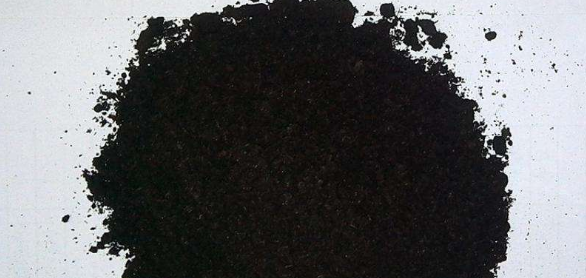 鸡粪肥去哪里买比较好?到底如何识别真假发酵鸡粪有机肥呢?
鸡粪肥去哪里买比较好?到底如何识别真假发酵鸡粪有机肥呢?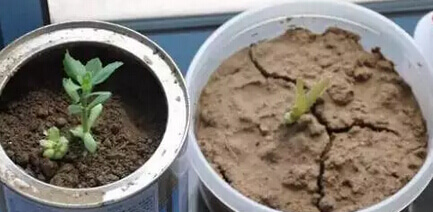 【阳台种菜】盆栽蔬菜土壤老板结,怎能长得好?
【阳台种菜】盆栽蔬菜土壤老板结,怎能长得好?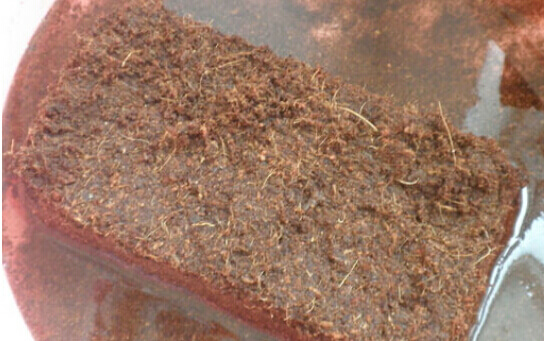 椰糠加肥料的搭配使用及常见播种方法
椰糠加肥料的搭配使用及常见播种方法